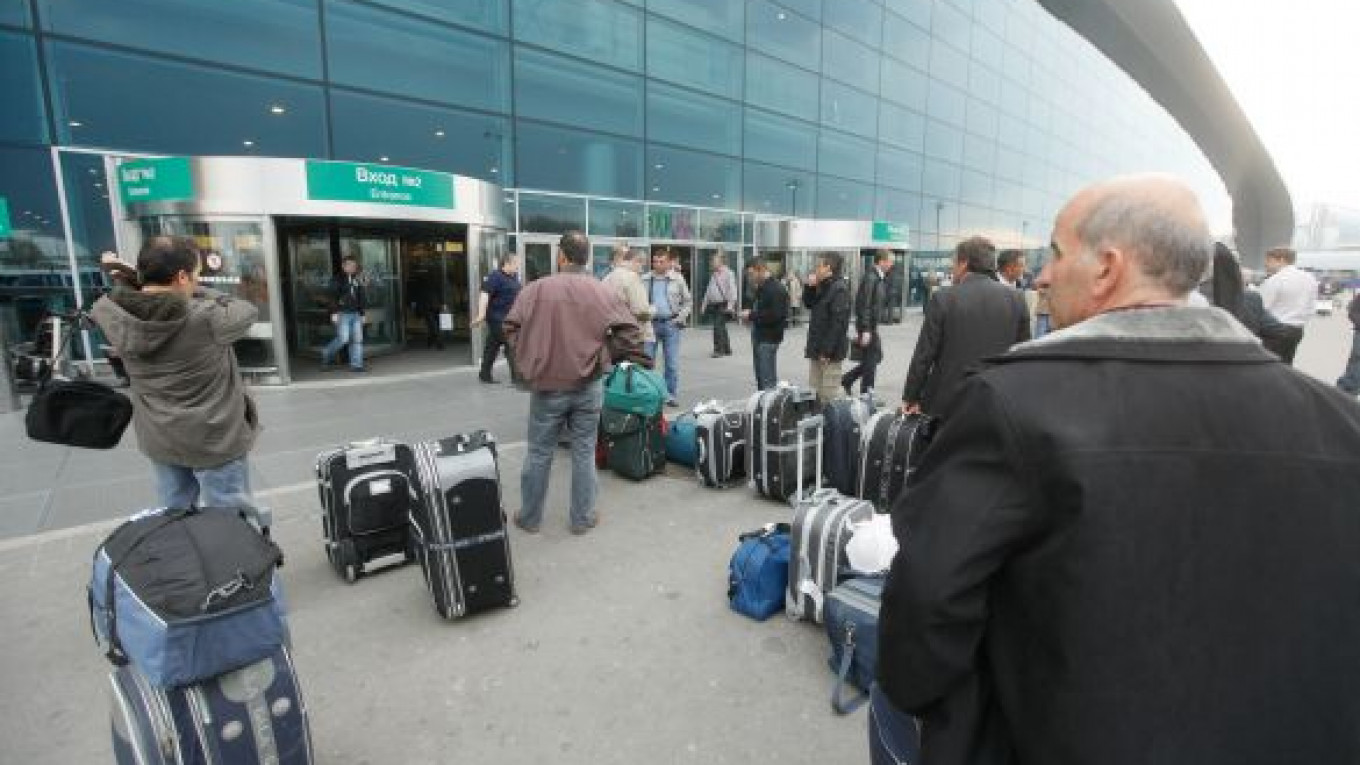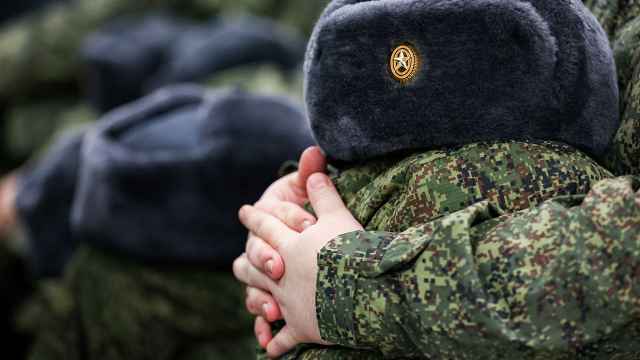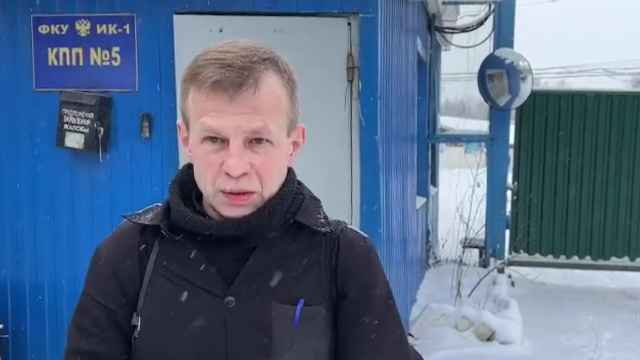Russian airlines have welcomed an initiative to allow them to sell nonrefundable tickets in a bid to increase competition and lower prices.
A draft bill published Wednesday on the Transportation Ministry website proposes changes.
Under current law, airlines must refund tickets in full if returned or canceled by customers more than 24 hours prior to scheduled departure, and 75 percent of the value if returned less than 24 hours before departure.
The amendment, developed jointly by the transportation, economic development and health and social affairs ministries, aims to slash ticket prices by eliminating airlines' risk of losses from demands for refunds.
Currently, about 8 percent of tickets are returned. The bill could save airlines about 23 billion rubles ($707 million) per year, the explanatory annex to the draft bill says.
“Applying the widely used global practice of selling nonrefundable tickets at a lower fare will increase the competitiveness of Russian airlines, as foreign carriers flying to Russia actively use lower nonrefundable fares in the battle for passengers,” Transaero deputy general director Dmitry Stolyarov said.
Nonrefundable tickets were banned in 2008 after the Federal Anti-Monopoly Service ruled that the practice was damaging consumer rights.
The new law is likely to be adopted by the end of the year, an official at the Transportation Ministry told Vedomosti.
Analysts say the law would have minimal impact on prices.
“The [proposed] law only allows airlines to sell 30 percent of their tickets as nonrefundable. Given that currently 8 percent of tickets are returned, I think you're only going to see a 2 or 3 percent fall in airfares,” said Andrei Rozhkov, a transportation analyst at Metropole.
Rozhkov said the government would have to liberalize pilot hiring rules and crack down on fuel pricing if it was serious about slashing ticket prices for customers.
“Chief pilots can be paid up to 400,000 rubles a month at the moment. Allowing airlines to hire foreign pilots would bring down those costs and could generate a savings of another 3 to 5 percent,” he said.
Ordering the FAS to crack down on the cost of aviation fuel, which is often more expensive at Russian airports than those in other countries, would provide extra savings, he added.
The UTair Group, which includes Russia's third-largest airline, saw passenger numbers jump to 3,073,569 between January and May, up 45 percent from the same period last year.
The results are likely to help the company shake off persistent rumors of insolvency that have dogged it in recent weeks.
A Message from The Moscow Times:
Dear readers,
We are facing unprecedented challenges. Russia's Prosecutor General's Office has designated The Moscow Times as an "undesirable" organization, criminalizing our work and putting our staff at risk of prosecution. This follows our earlier unjust labeling as a "foreign agent."
These actions are direct attempts to silence independent journalism in Russia. The authorities claim our work "discredits the decisions of the Russian leadership." We see things differently: we strive to provide accurate, unbiased reporting on Russia.
We, the journalists of The Moscow Times, refuse to be silenced. But to continue our work, we need your help.
Your support, no matter how small, makes a world of difference. If you can, please support us monthly starting from just $2. It's quick to set up, and every contribution makes a significant impact.
By supporting The Moscow Times, you're defending open, independent journalism in the face of repression. Thank you for standing with us.
Remind me later.






